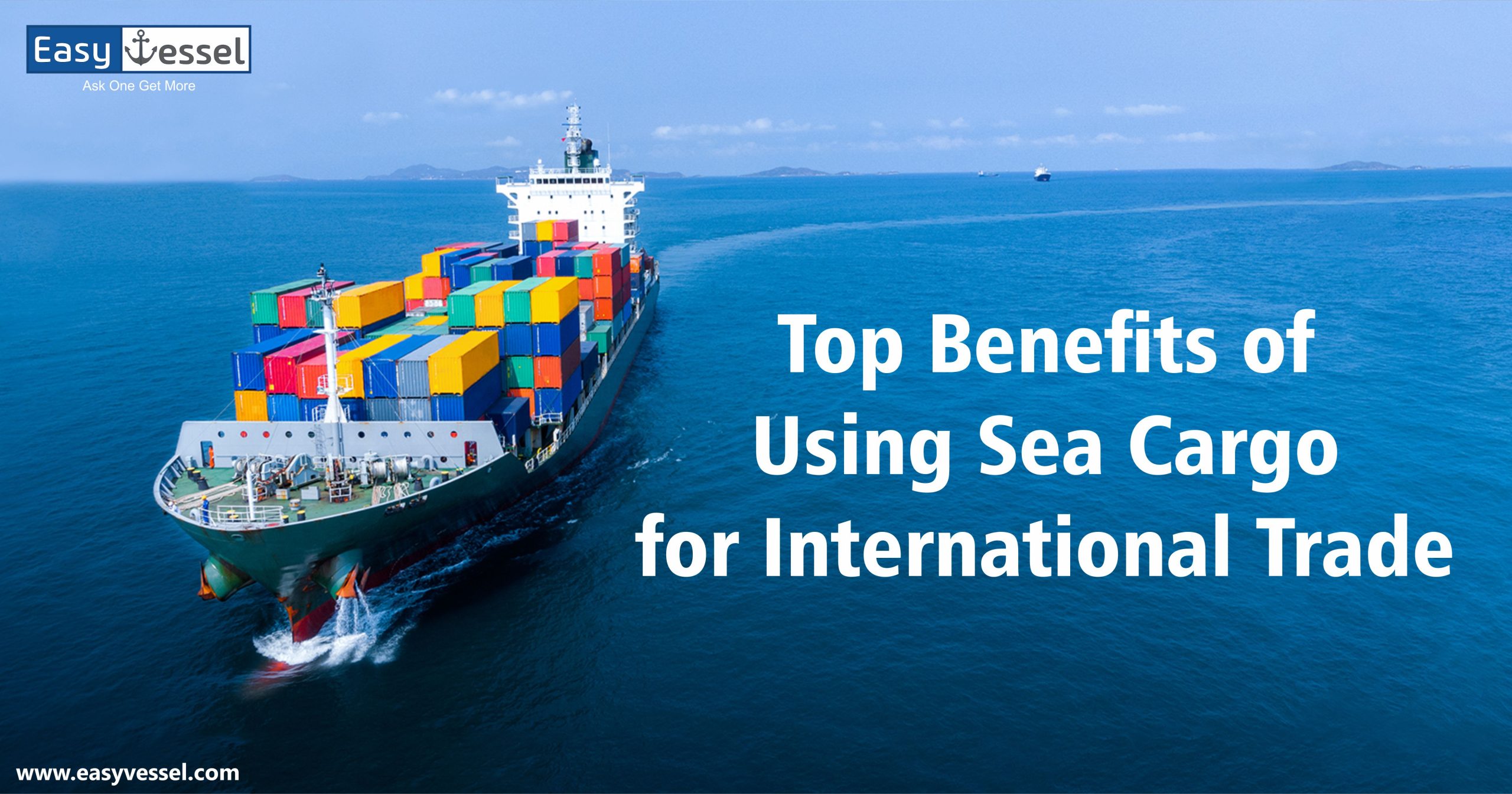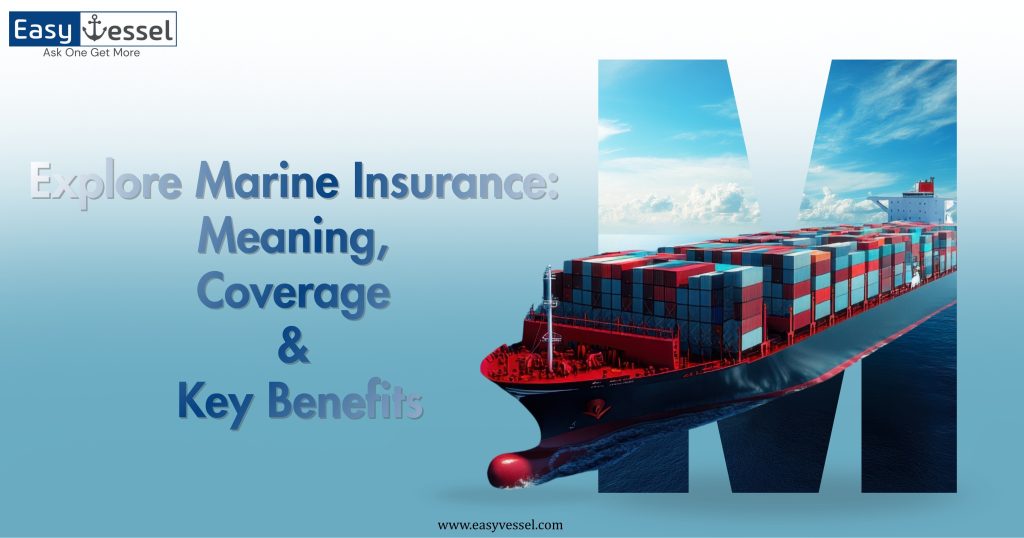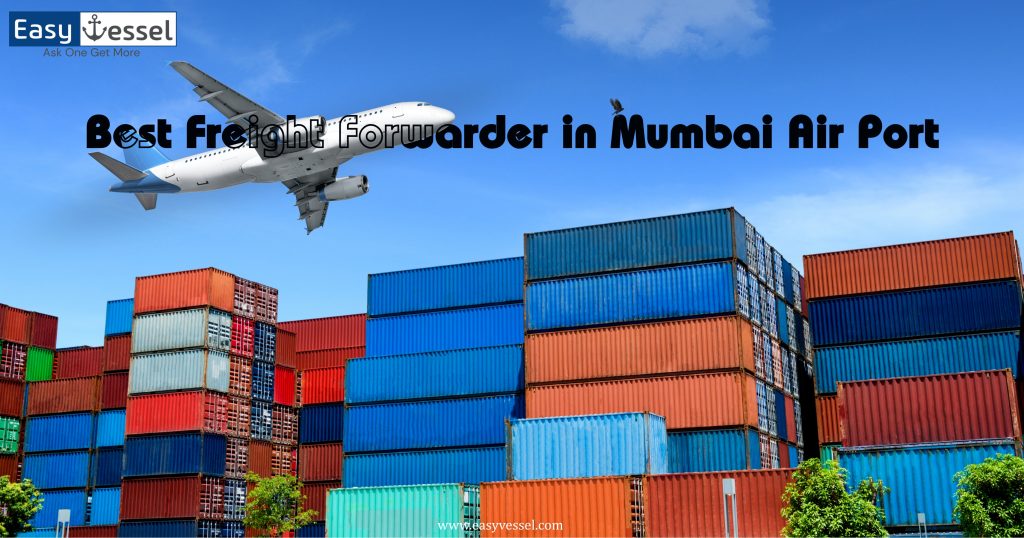- Maritime routes have long been the primary means of connecting different parts of the world through sea cargo.
- Transporting cargo—including hazardous and flammable materials—has become both safe and efficient through ocean freight.
- It remains the most preferred method for shipping goods globally.
- Sea freight allows for the transportation of products, raw materials, and personal cargo at a relatively lower cost compared to other modes.
- It is no surprise that nearly 90% of global trade is conducted via ocean freight.
- When opting for sea freight, selecting a reliable ocean freight service is crucial.
- In fact, it is often the most important decision you’ll make, as a comprehensive service provider will manage all the logistics on your behalf.
- Several factors contribute to the growing preference for ocean freight over air or land transport.
- Key advantages include cost-effectiveness, the ability to carry various types of cargo.
- The capability to transport bulk goods and heavy machinery, the safe shipment of flammable materials like crude oil, and the flexibility to offer customized shipping solutions.
What is Sea Cargo?
- Sea cargo, also known as ocean freight, involves the transportation of goods via ships across international waters.
- It is the most common method of shipping large quantities of goods over long distances.
- Goods are packed into containers and transported on cargo ships, making sea freight a reliable option for businesses looking to trade internationally.
History of Sea Transport
- The use of sea transport dates back thousands of years to ancient civilizations like the Phoenicians, Egyptians, and Greeks, who used ships to transport goods and resources across the Mediterranean.
- With the advent of larger and more sophisticated vessels in the Middle Ages, sea transport expanded significantly, facilitating global trade between Europe, Asia, and the Americas.
- The Industrial Revolution further accelerated the growth of sea transport, introducing steam-powered ships and, later, modern container ships, which revolutionized global shipping logistics.
- Today, sea transport remains a vital link in the global supply chain, connecting markets and economies worldwide.
Top Benefits of Ocean Freight Shipping
Since the development of established shipping routes and reliable maritime channels, ocean freight has become the preferred choice for cargo transportation. Here are some key benefits of choosing ocean freight for shipping goods internationally.
Ocean freight shipping is an essential mode of transport in global trade, offering several technical advantages that make it highly preferred for large-scale shipping. Below are the top benefits:
Cost-Effectiveness
Ocean freight is one of the most economical options for transporting goods over long distances, especially for bulk cargo. It’s significantly cheaper than air freight, with shipping costs typically 4–6 times lower. This cost advantage is ideal for businesses looking to move large quantities while optimizing their supply chain.
High Cargo Capacity
Ships offer unparalleled capacity, making them suitable for transporting large, bulky, or heavy cargo. With options like 20-foot and 40-foot containers, ocean freight can handle both Full Container Load (FCL) and Less than Container Load (LCL), giving flexibility to businesses depending on shipment volume.
Global Reach and Accessibility
With over 90% of international trade conducted via sea, ocean freight provides extensive global coverage. This vast network ensures goods can be shipped to almost any destination with multiple transit points for greater flexibility.
Safety and Security
Modern cargo ships are designed to safely transport hazardous materials and fragile goods. Containers are sealed and locked, minimizing the risk of damage or theft. Additionally, safety standards in maritime shipping have improved significantly, reducing cargo loss during transit.
Environmental Benefits
Ocean freight has the lowest carbon emissions per ton-mile compared to other modes of transport. As more ships adopt greener technologies, such as liquefied natural gas (LNG) propulsion, the environmental impact continues to decrease, making sea freight an eco-friendly option.
Handling Oversized Cargo
Ocean freight is ideal for shipping oversized or non-standard cargo that cannot be accommodated by air or road transport. This includes heavy machinery, large vehicles, and construction materials, making it the go-to option for industrial shipments.
Flexibility in Shipment Size
Whether you’re shipping a small volume or a full container, ocean freight offers flexibility. Smaller shipments can be consolidated with other goods, reducing costs through shared container space, while larger shipments benefit from the ability to fill multiple containers.
Lower Documentation Requirements
Compared to air freight, ocean freight involves simpler documentation and fewer regulatory hurdles, allowing for smoother customs clearance and faster processing times at ports.
Conclusion:
Ocean freight is the most cost-effective and reliable method for global shipping. It offers high cargo capacity, handles bulk and oversized goods, and is environmentally friendly. With flexible options like FCL and LCL, businesses can scale shipments easily. The process is also simpler with fewer documentation requirements. Overall, ocean freight is an efficient and eco-friendly choice for international trade.
Easyvessel is the best platform to connect importers exporters with multiple freight forwarders to get the lowest freight rate with 0% commission.
References:
- Sea transport systems By Wikipedia [1].
Frequently Asked Questions
Ocean freight services are an affordable and eco-friendly option for businesses. They make it simple and reliable to transport large quantities of goods between countries. By choosing ocean freight, businesses can cut costs, reach customers worldwide, and help protect the environment.
Shipping plays a vital role in international trade by allowing businesses to transport large quantities of goods at lower costs, enabling access to global markets. It drives economic growth by connecting countries and maintaining the global supply chain. Its cost-effectiveness and wide reach make it essential for international commerce.
International shipping is crucial for global trade, giving businesses access to new markets and expanding their customer base. It offers flexible, cost-effective transport options, reduces per-unit costs with bulk shipments, and improves supply chain efficiency to meet global demand.



